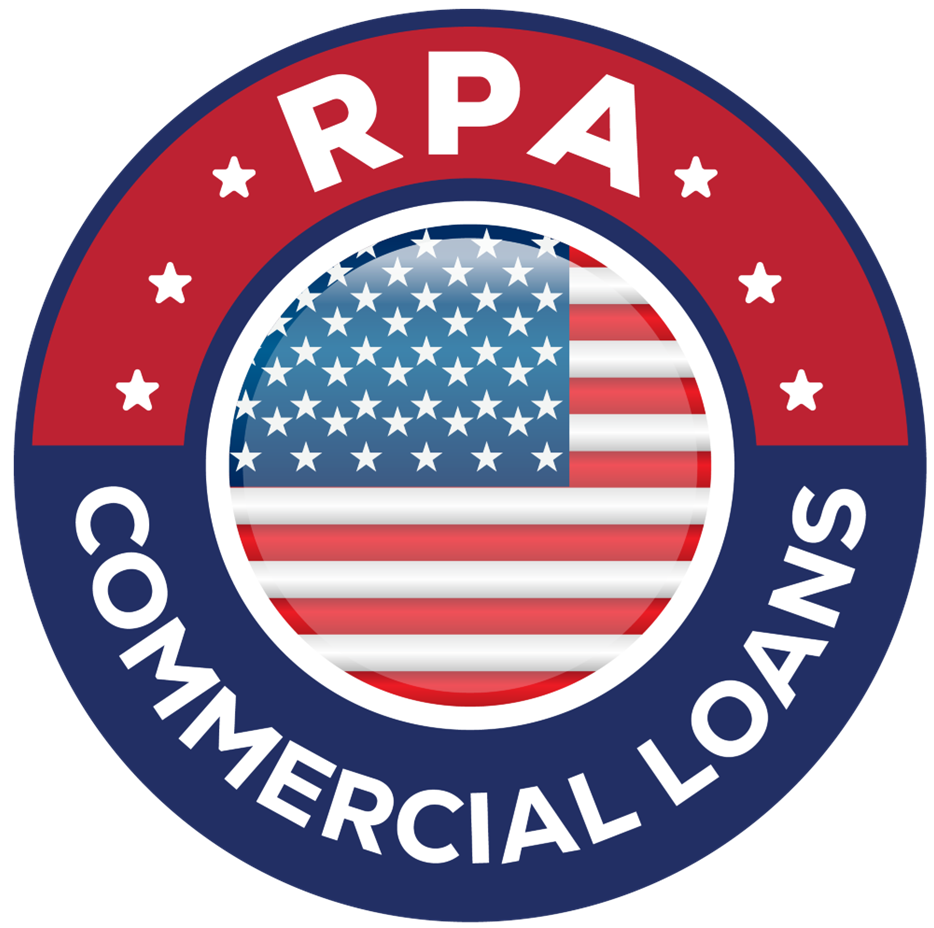Disclaimer: While we aim to inform you regarding legal aspects of owning or purchasing commercial or multifamily properties, we DO NOT offer legal advice. As you read this post, note anything that you should wish to discuss with your legal counsel.
We are not attorneys. If you need legal advice, please speak to a qualified real estate attorney in your jurisdiction.
When dealing with commercial and multifamily property ownership and financing, several important legal aspects must be considered to ensure compliance, protect interests, and avoid potential disputes. Here’s a comprehensive overview of the most important legal aspects:
Property Ownership Structure
Ownership Entities:
- Sole Proprietorship: Simplest form - offers no liability protection.
- Partnership: Can be general or limited. Partnerships involve shared ownership and liability.
- Limited Liability Company (LLC): Offers liability protection and flexibility in management.
- Corporation: Provides liability protection and can be beneficial for larger investments but involves more regulatory requirements.
- Trust: Often used for estate planning and asset protection.
- For the purpose of dealing with RPA Commercial Loans, we only allow entity structures as purchasers (e.g. LLC, LLP, Corp, Trust, Estate).
Legal Documentation:
- Articles of Organization/Incorporation: Required for forming LLCs and corporations.
- Operating Agreements/Bylaws: Governs the management and operation of LLCs and corporations.
- Partnership Agreements: Defines the roles, responsibilities, and profit-sharing of partners.
Financing Agreements
Loan Documents:
- Mortgage Agreement: Details the terms of the loan, including the amount, interest rate, and repayment schedule.
- Promissory Note: A written promise to repay the loan under the agreed terms.
- Deed of Trust/Mortgage Deed: Secures the loan by placing a lien on the property.
- Loan Covenants: Conditions the borrower must adhere to, such as maintaining insurance or meeting financial ratios.
Legal Obligations:
- Compliance with Terms: Ensure adherence to all terms and conditions specified in the loan documents.
- Default Provisions: Understand the implications of default and the lender's rights, including foreclosure procedures.
Lease Agreements
Commercial Leases:
- Types: Includes gross leases, net leases (single, double, and triple), and percentage leases.
- Terms and Conditions: Includes rent amount, lease duration, renewal options, maintenance responsibilities, and termination clauses.
- Legal Compliance: Must comply with local and state commercial leasing laws.
Multifamily Leases:
- Residential Lease Agreements: Include terms for rent, security deposits, maintenance responsibilities, and tenant rights.
- Fair Housing Laws: Compliance with federal and state fair housing regulations to avoid discrimination claims.
Property Management Agreements
Management Contracts:
- Scope of Services: Outlines the responsibilities of the property manager, including rent collection, maintenance, and tenant relations.
- Fees and Compensation: Specifies management fees, performance incentives, and expense reimbursements.
- Term and Termination: Defines the duration of the contract and conditions for termination.
Zoning and Land Use Regulations
Zoning Compliance:
- Zoning Laws: Determine allowable property uses, including commercial, residential, and mixed-use zones.
- Rezoning and Variances: Process for requesting changes to zoning designations or obtaining exceptions to zoning rules.
Land Use Regulations:
- Building Codes: Compliance with local building codes and standards for construction and renovation.
- Environmental Regulations: Adherence to regulations related to environmental impact, including waste management and pollution controls.
Environmental Due Diligence
Environmental Assessments:
- Phase 1 Environmental Site Assessment (ESA): Identifies potential environmental hazards and contamination risks.
- Phase 2 ESA: Conducts further investigation if potential issues are identified in Phase 1, including soil and water testing.
Compliance and Remediation:
- Contamination Liability: Understanding liability for environmental contamination and required remediation measures.
- Regulatory Compliance: Ensuring adherence to environmental regulations and obtaining necessary permits.
Insurance Requirements
Types of Insurance:
- Property Insurance: Covers damage to the property from risks such as fire, theft, or natural disasters.
- Liability Insurance: Protects against claims for injuries or damages occurring on the property.
- Business Interruption Insurance: Covers loss of income due to property damage or other disruptions.
Insurance Coverage:
- Coverage Limits: Ensure adequate coverage limits to protect against potential risks.
- Policy Terms: Review and understand policy terms, exclusions, and coverage specifics.
Tax Considerations
Property Taxes:
- Assessment and Appeals: Understand how property taxes are assessed and the process for challenging assessments if necessary.
- Tax Deductions: Be aware of potential deductions, such as depreciation, interest, and property management expenses.
Income Taxes:
- Tax Reporting: Compliance with tax reporting requirements for rental income and property sales.
- 1031 Exchanges: Consideration of 1031 exchanges for deferring capital gains taxes on property sales.
Compliance with Local, State, and Federal Laws
Regulatory Compliance:
- Local Ordinances: Adherence to local regulations and ordinances affecting property use and management.
- State Regulations: Compliance with state-specific real estate laws and landlord-tenant laws.
- Federal Laws: Understanding and adherence to federal regulations, including those related to fair housing, disability access, and environmental protection.
Licensing and Permits:
- Business Licenses: Obtain necessary licenses for operating a property management business or leasing commercial space.
- Permits: Secure permits for renovations, construction, or changes in property use.
Dispute Resolution
Conflict Resolution:
- Mediation and Arbitration: Consider alternative dispute resolution methods to resolve conflicts efficiently.
- Litigation: Understand the process for legal disputes and the potential implications for property ownership and management.
Legal Counsel:
- Legal Representation: Engage legal counsel for guidance on complex legal matters and representation in disputes.
Conclusion
Understanding these legal aspects of commercial and multifamily property ownership and financing is essential for navigating the complexities of real estate transactions and management. Proper legal planning and compliance help protect your investment, ensure smooth operations, and minimize risks associated with property ownership and financing. Consulting with legal and real estate professionals can provide valuable guidance and support throughout the process.





